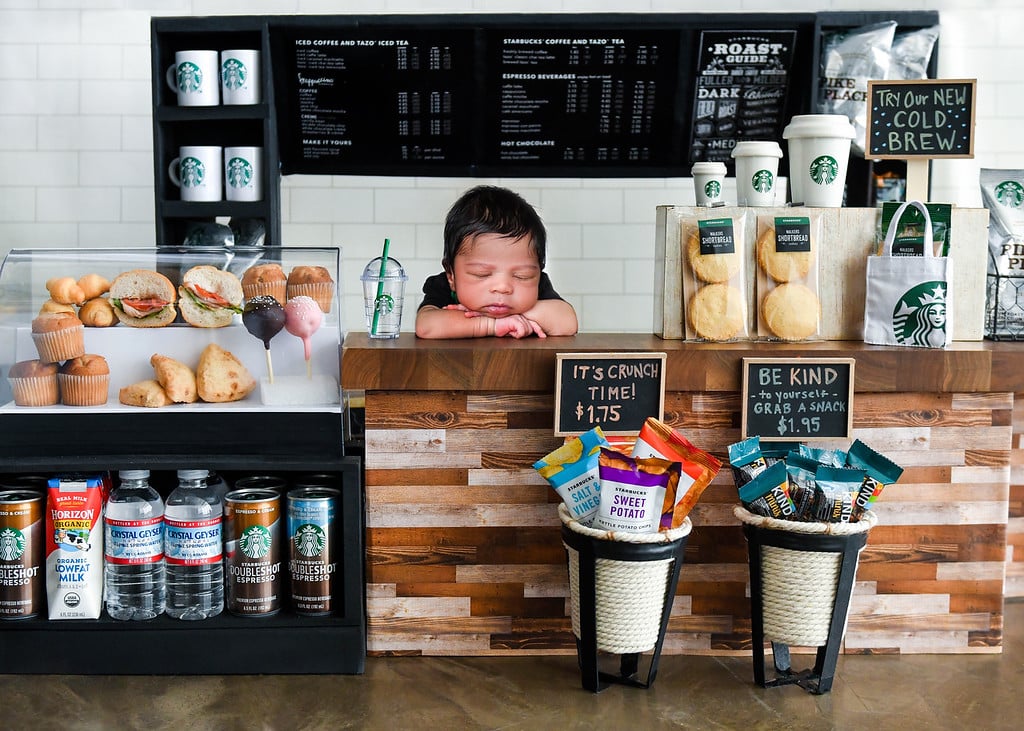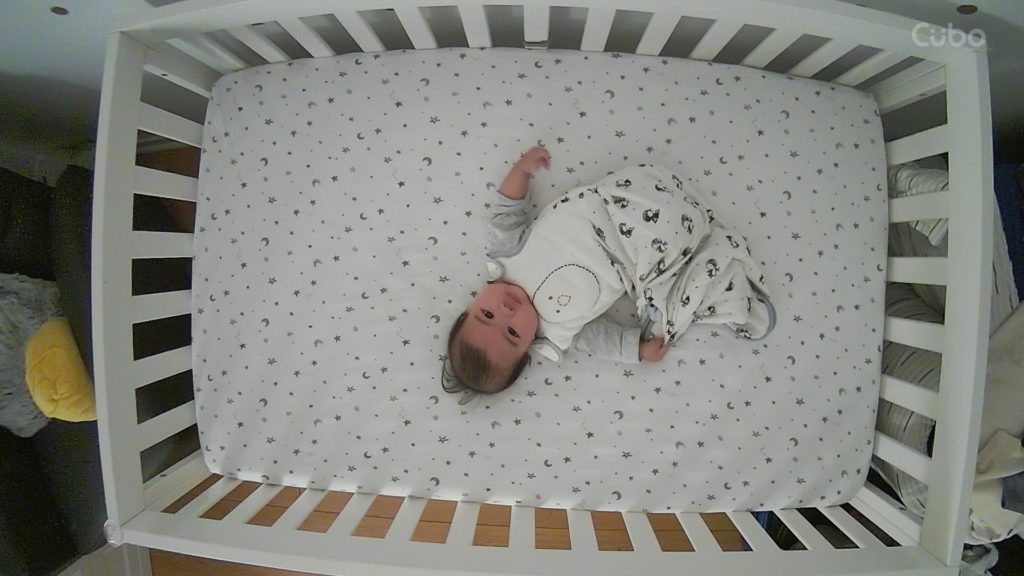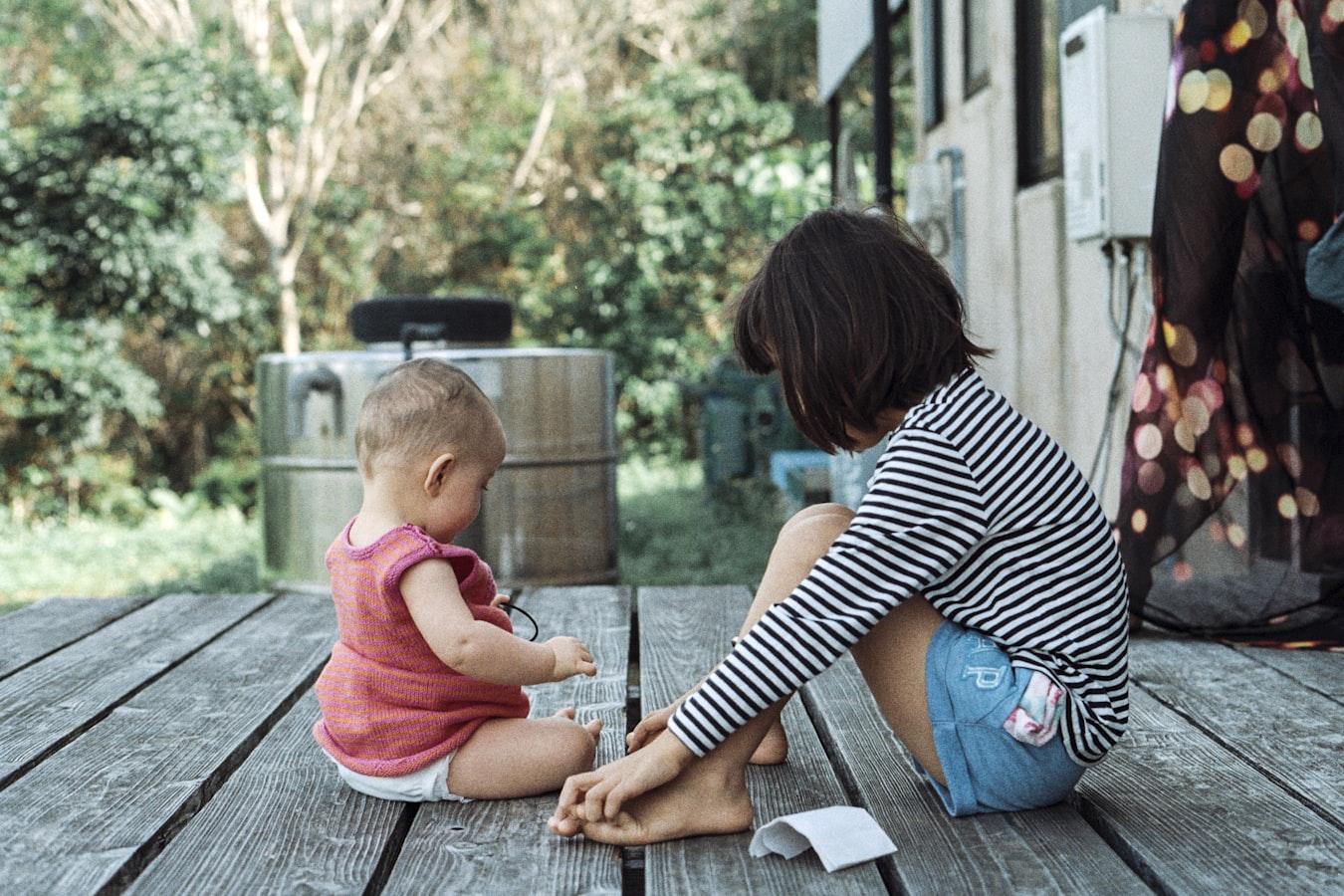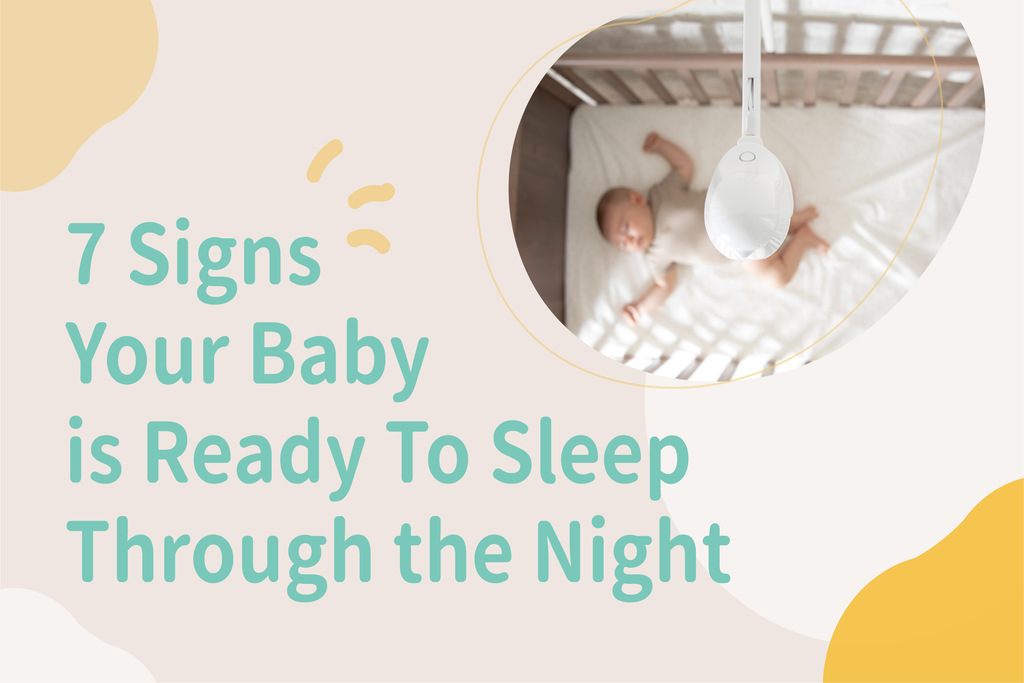Something you truly don’t expect when you’re expecting is how many of your post-baby Google searches will be sleep related.
You’ll start with “how to put a newborn baby to sleep” then maybe “natural sleep remedies for babies” and so on until you find yourself here. At the 3-month-old sleep schedule. Luckily plenty of moms have been in your position to pass on lots of knowledge.
To add, we also have lots of other baby sleep articles including this one, breaking down the top points from Healthy Sleep Habits, Happy Child by Dr. Weissbluth.
Guide to this post:
- How Long Should 3-Month-Old Sleep At Night
- 2-Month-Old Sleep Schedule
- 3-Month-Old Sleep Schedule
- What Time Should A 3 Month Old Go To Bed
- Wake-ups And Night Feedings: How Long Should A 3-Month-Old Sleep Without Eating?
- 3-Month-Old Milestones To Look For
- 3-Month-Old Sleep Regressions (and others to look out for)
- When Should Babies Sleep In Cribs In Their Own Rooms

How long should a 3-month-old sleep at night?
If you’ve read sleep training and baby sleep books before, you may have heard about how the fourth trimester affects your baby’s rest.
The what? I thought pregnancy only had three trimesters?
Pediatricians like Harvey Karp often call the first three months of baby’s life “the fourth trimester”. This doesn’t just extend to your baby’s development and adjustment to, well, being out the world, but mom’s adjustments too.
This is why often women are given so much more parental leave than men, though that’s not something we necessarily agree with. Dads need adjustment too!
Psychologically, hormonally, and physiologically, moms are going through a lot in those first three months and the period needed to settle into motherhood is often a staple cultural time of rest.

The “4th Trimester” Effect on Your Baby’s Bedtime
So what does this mean for your baby’s sleep? Technically, your newborn still feels a bit like they’re in the womb in the first six weeks or at the very least, they act like it. Sleep is a frequent and deep endeavor in the first few weeks, which is why newborn photography can be such a breeze.
After the six-week mark, though, many sleep professionals see a real difference in baby sleep patterns, getting a bit more erratic.
As your baby grows and bonds with you, they’ll show more signs of wanting to stay up and play past their ideal awake time (between 1-2 hours after at a time). Pediatricians place the responsibility on parents to push past what their babies want (to play) and get baby what they need (to sleep).
Truly this is for the sake of everyone’s sanity as no one wants an overtired cranky baby or an overtired cranky parent, for that matter.
After you start your baby’s sleep routine at night (around 7 p.m.) you can expect them to sleep for about 5 hours straight. This of course doesn’t apply to every baby, especially colicky ones and if your baby still isn’t sleeping, hang in there. It’ll come.

2-month-old sleep schedule
Day-night confusion should start to fade around this time in your baby’s development and getting more regular naps should be slightly easier. Taking that into account, the following is a good sample schedule for your 2-month-old.
| Tme | Event |
| 7 a.m. | Wake up |
| 8:30 | Nap |
| 9:30 | Awake |
| 11 | Nap |
| 12 p.m. | Awake |
| 1:30 | Nap |
| 3:00 | Awake |
| 4:30 | Nap |
| 5:30 | Awake |
| 7:00 | Nap |
| 8 | Awake |
| 9 | Bedtime routine |
| 9:30 | Bedtime |

3-month-old sleep schedule
Knowing your baby’s sleep schedule can take a lot of observation. Just put on a lab coat and grab a magnifying glass, this is suddenly your midterm project.
Some parents are downloading sleeping logs to print out and fill in, but that’s living in the past. Now, your baby monitor can calculate your sleep time for you and give you a full report every morning.
More on Sleep Analytics here.
| Event | Time | Note |
| Bedtime | 7-8 p.m. | After your bedtime routine, put baby to bed for the night. |
| Wake-up/ Feeding | 1-2 a.m. | Try to keep this short and soothing, without stimulating baby too much |
| Wake-up | 6-7 a.m. | It may sound like 7 a.m. is sleeping in, but if you keep your baby’s room dark, it can be more achievable. |
| Nap 1 | 1.5 hours after wake up | 1-3 hours long |
| Nap 2 | 1.5 hours after last nap | 1-3 hours long |
| Nap 3 | 1.5 hours after last nap | 1-3 hours long |
| Nap 4 | 1.5 hours after last nap | 1-3 hours long |
| Nap 5 (if necessary) | 1.5 hours after last nap | 30min- 1 hour and ending no later than 6:30 |
| Start bedtime routine | 7-8 p.m. | Try to always follow the same routine to give baby cues that it’s time to sleep. |
What time should a 3-month-old go to sleep?
Since you’re trying to get your baby to sleep well and through the night as much as possible, keeping to your schedule will be vital. Wait too long for the next nap and you’ll find yourself in the lonely and frustrating world of Overtired-ville. It’s the land where babies who have stayed up after being tired cry, fuss, and seem to hate everyone including you.
To avoid this, stick to your 3-month-old baby’s preferred nap schedule and try to get them to bed around 7 p.m.
Wake-ups and night feedings: how long should a 3-month-old sleep without eating?
Whether or not your baby sleeps through the night without eating can depend on a lot of factors. For one, formula-feeding can keep baby full longer. Your baby’s weight, age and previous feeding habits can all factor in too.
Expecting your 2-3 month to sleep through the night can be a bit too much. They’re fresh off the newborn stage where they fed every few hours. Most 2 and 3-month-olds still need to feed once or twice over night and especially if they’re breastfeeding.
Normally, the 3-month-old schedule allows babies about 3-5 hours without nursing while they’re asleep. Of course, this isn’t an exact science so base your schedule around your baby’s needs.

3-month old milestones to look out for
Experts often state that sleep regressions are caused by big milestones. So when you start to experience some baby sleep changes around 3 months old you might wonder what are the 3-month-old milestones changing my baby’s sleep?
There are plenty to choose from (sourced from the Child Mind Institute).
| Movement Milestones | Visual and Hearing Milestones | Social and Emotional Milestones |
| Raises head and chest during tummy time | Locks eyes on others’ faces | Begins to develop a social smile |
| Stretches legs and kicks when lying on back | Follows moving object | Enjoys playing with others |
| Opens and closes their little hands | Recognizes familiar things and people from a distance | Cries when playtime is done |
| Puts weight on legs when supported standing | Starts coordinating eyes and hand movements | Becomes more communicative with body and facial expressions |
| Brings hands to mouth! | Smiles when they hear your voice | Imitates some movements and expressions |
| Swipes at hanging objects | Makes lots of babbling noises | |
| Grasps and shakes small toys | Turns face towards sounds, imitates some sounds |

3-Month-Old Sleep Regressions (and others that come later)
Since most sleep regressions are caused by major milestones, let’s take a look at what you might be experiencing around 3 months old.
Again, babies are different, so if your little one is taking a little longer to reach these milestones, it’s okay. Talk to your pediatrician about when you should worry and when your baby is just following their own clock.
Baby rolling over
How does this affect your baby at night? Well, your little one might be pushing back when you put them down to sleep on their back. Resisting back sleeping is a tough moment for parents because it often sparks fear that tummy sleeping is dangerous.
On our blog, you can learn more about tummy sleeping and when to start tummy time.
There are several things you can do to keep your baby safe. You can try swaddling, giving them a pacifier, or if you’re ready to throw in the towel and just let them sleep on their tummy, you can purchase and activate rollover alerts on your Cubo Ai Smart Baby Monitor.
Of course, other sleep regressions will come later, one just in 3 months! They’re mostly based around major milestones like teething, growing, walking, etc.
Read about dealing with (and overcoming) the 6-month sleep regression here.

When should babies sleep in cribs in their own rooms?
Often, parents choose to keep babies in the same room for months after birth. How many months is really up to you.
Experts recommend anywhere between 4 months to 1 year. Anytime around when they start sleeping through the night (or have longer sleep times) will be more convenient for parents to make less trips.
Baby monitors are a great help in room transitioning as they can provide parents with peace of mind knowing that even though their child is in another room, they’re okay.
Learn more about room transitioning with a baby monitor here.